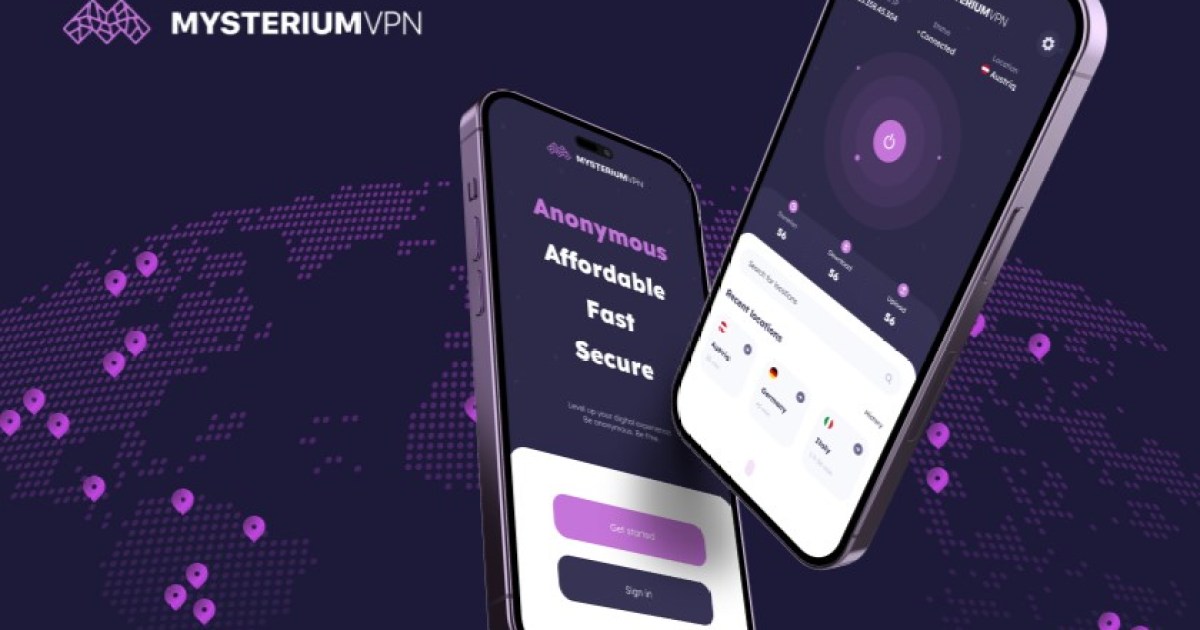A potential data leak at Ecaresoft, a Texas-based healthcare software company, may have exposed the sensitive information of 5.3 million individuals in Mexico, representing about 4% of the country’s population. Initially reported by Cybernews on August 26, 2024, the incident involved a 500GB unprotected database containing names, personal identification numbers (CURP – equivalent to the US Social Security number), phone numbers, payment request descriptions, and other personal details.
This massive data exposure was attributed to a misconfigured data visualization tool, Kibana, which was seemingly left unauthenticated. The exposed data also included ethnicities, nationalities, religions, blood types, dates of birth, gender, email addresses, healthcare service charges, and hospital visit records. Ecaresoft provides cloud-based Hospital Information Systems like Anytime and Cirrus, serving over 30,000 doctors, 65 hospitals, and 110 outpatient care centers across Mexico, managing tasks like appointment scheduling, medication management, and inventory control.
Crucially, health records themselves were not reportedly part of the exposed data. However, the compromise of CURP numbers poses a significant risk of identity theft, wire fraud, and phishing attacks for the affected individuals. The incident highlights the importance of robust cybersecurity practices in the healthcare sector, particularly given the sensitivity of patient information.
Following the initial report, Ecaresoft contacted MaagX to dispute certain aspects of the Cybernews report. Ecaresoft asserted that the vulnerable server was a non-production environment containing anonymized, randomly generated test data, not actual patient data. If true, this would mean no real patient data was at risk. Additionally, Ecaresoft claimed the reported number of 5.3 million records exceeded the total number of records in their entire system.
At the time of the initial Cybernews report, there was no official statement from Ecaresoft regarding the incident, nor any information about whether affected users were notified. Unprotected data like this can be indexed by search engines and exploited by malicious actors constantly searching for such vulnerabilities. While this particular incident focuses on Mexico, it underscores the critical importance of strong password security everywhere. Weak or easily guessed passwords can be as detrimental as having no password at all. The 2017 Equifax data breach, where the use of “admin” as a password facilitated a massive data theft, serves as a stark reminder of this vulnerability.
This developing situation warrants close attention as further details emerge. The potential impact on the affected individuals, the veracity of Ecaresoft’s claims, and the steps taken to address the security flaw will be critical to observe.











